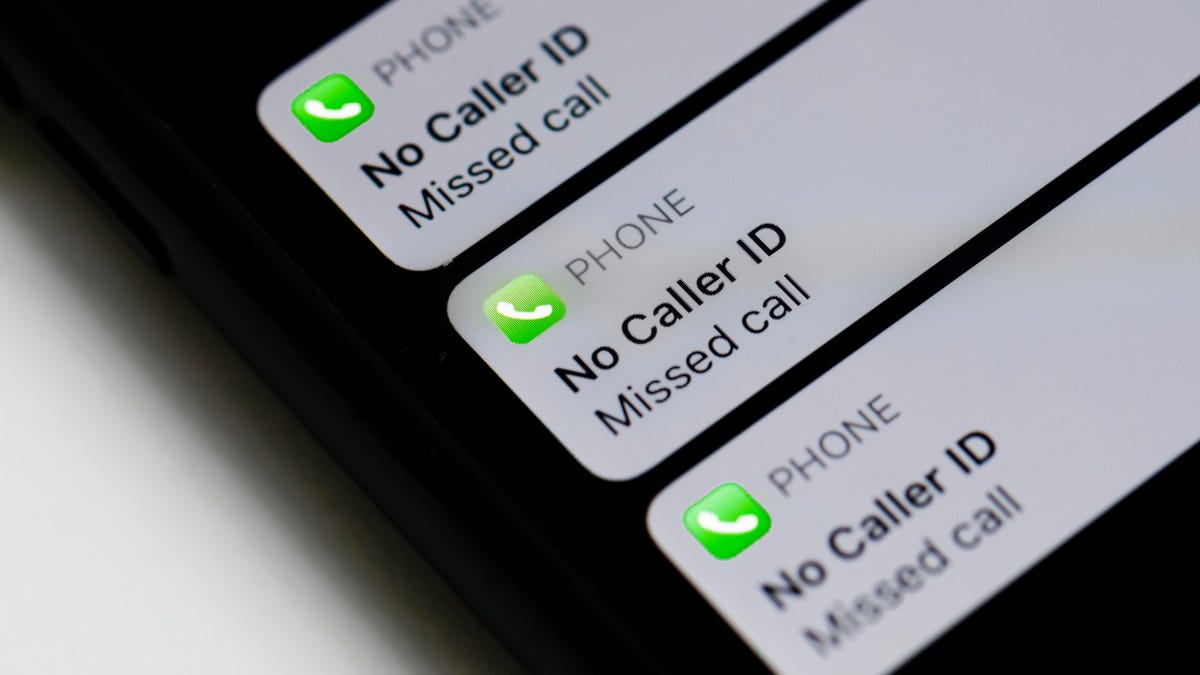FCC Targets Repeat Robocall Offender With New Cease-and-Desist
The FCC alleges the same owner started a new company with a different name to continue robocalls and evade regulators.

As the US Federal Communications Commission continues its crackdown against illegal robocalls, it issued a new cease-and-desist letter to a repeat robocaller for calls related to "bank impersonation," the agency announced on Wednesday.
The FCC said multiple investigations have found that One Eye telecom is "a successor entity" to a company called PZ/Illum Telecommunication, which was sent an FCC Enforcement Bureau cease-and-desist letter on Oct. 21, 2021, and subsequently shut down. Both companies share the same owner, Prince Anand, who allegedly said he started One Eye after shuttering PZ/Illum Telecommunication and left his name off the paperwork, according to a statement from the FCC.
"Our investigators are not fooled by rebranding and figurehead ownership tricks," the FCC's Enforcement Bureau Chief Loyaan Egal said in the statement. "We are not going to allow serial robocallers to simply start up 'new' companies to continue scamming American consumers. Repeat offenders will face stiffer penalties."
The FCC's cease-and-desist letter to One Eye said the agency has determined the company is a "gateway provider" for "apparently transmitting illegal robocall traffic." The letter represents another step in the FCC's on-going fight against robocall scams and spam, with the agency calling on voice providers to stop accepting traffic from One Eye and other illegal robocallers.
One Eye didn't immediately respond to a request for comment.

